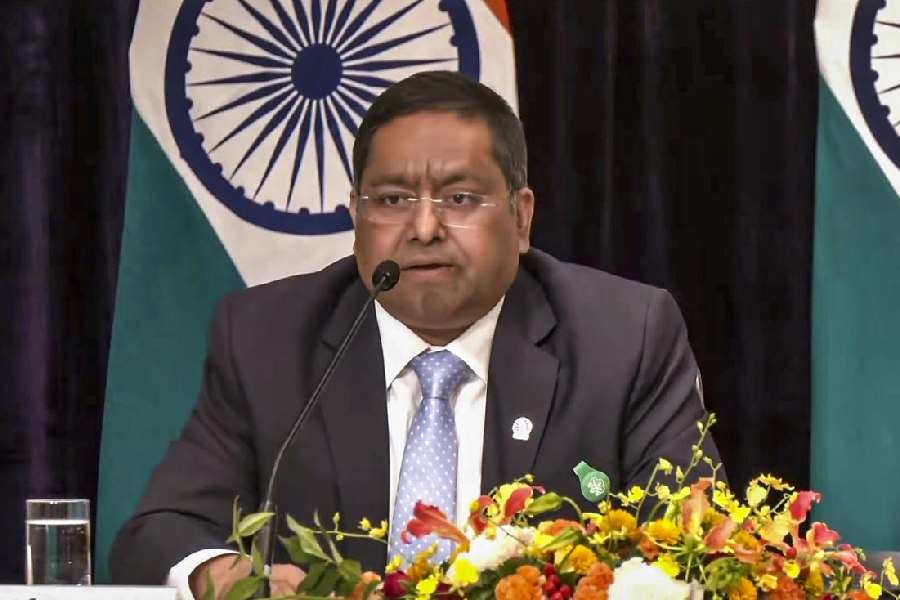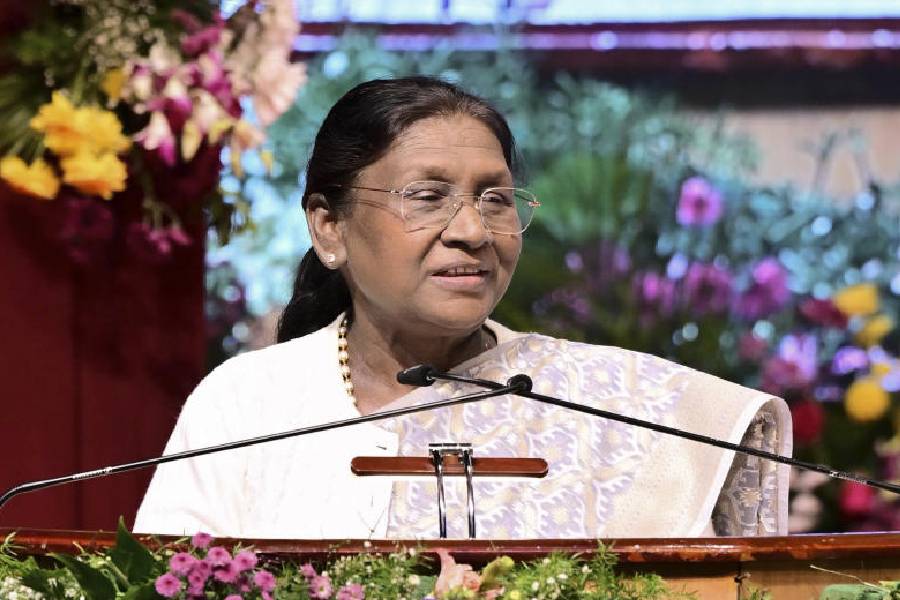 |
| Writer Rita Chowdhury with Chinese-origin visitors at Makum on November 10. File picture |
Guwahati, Dec. 3: The deportation of Chinese-origin people from Assam in the sixties, that inspired award-winning writer Rita Chowdhury’s novel Makam, has caught the attention of the reel world.
Several renowned directors from Bollywood have contacted Chowdhury to make films on her novel to highlight a chapter that went almost unrecorded in history. Among those in touch with Chowdhury is Anubhav Sinha, who is currently shooting his mega-budget action extravaganza Ra. One with Shah Rukh Khan.
Sinha recently sent an email to Chowdhury, requesting her to allow him to make his next film on her novel. The director is so interested and fascinated by Chowdhury’s writing that he has proposed to make films on all the books she has written so far after the project on Makam. Many other directors and producers from Bollywood and South India are also in touch with Chowdhury through email and phone for the venture.
The Assamese novel narrates the traumatic and painful story of 1,500 Indian Chinese who were picked up from Makum in Tinsukia district and sent to a detention camp in Deoli, Rajasthan, while India and China battled in 1962. The 602-page novel published this year was an instant hit. It has generated debates and discussions in national and international fora.
Confirming the development, Chowdhury told The Telegraph that she was carefully considering the offers from the film industry. She said she would only agree to a renowned, serious and dedicated director to convert her novel into a film. “I am emotionally attached with the story of Makam. So it is very difficult to take a decision on allowing someone to make a movie on it. I am concerned as to how the film directors will treat the issue,” she said.
She, however, wants the story of Makam to be taken to the people through the medium of film.
“Many of the Chinese-origin people had been living in Makum for years and were married to local women. Most of these people had assimilated with mainstream Assamese society. Yet, these people were accused of being Chinese spies during the war. About 1,000 people were forced to leave India. The majority were deported to China while some made their way to the West,” Chowdhury said.
The most tragic aspect is that there is little to indicate that Makum once had a thriving community of Chinese people, who settled in the area in the 1830s. The place, with its desecrated tombs, remains of a 150-year-old club and dismantled homes, bears testimony to the sufferings of the tiny community, she said.










